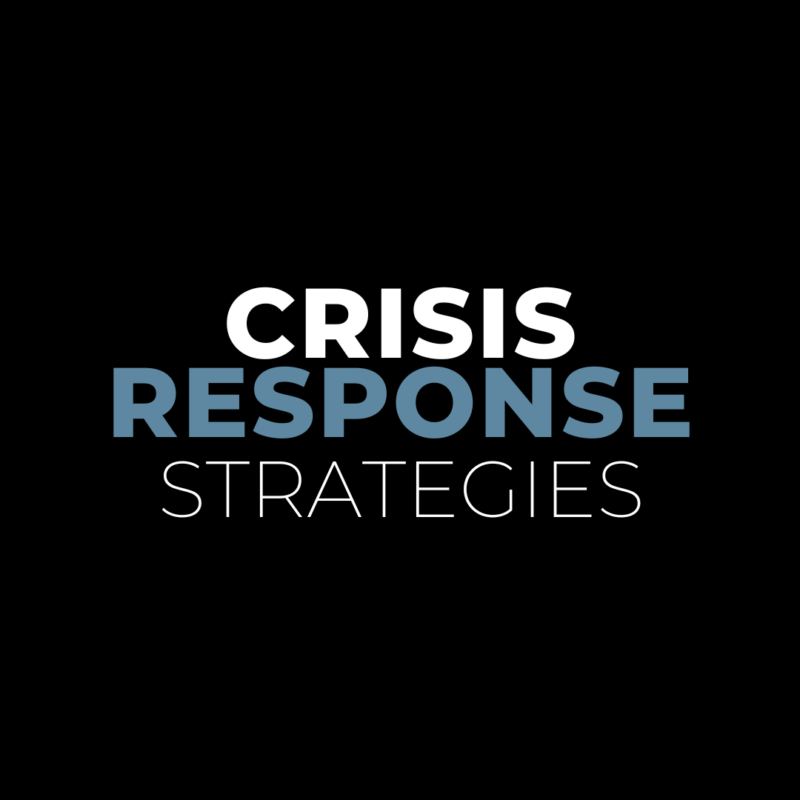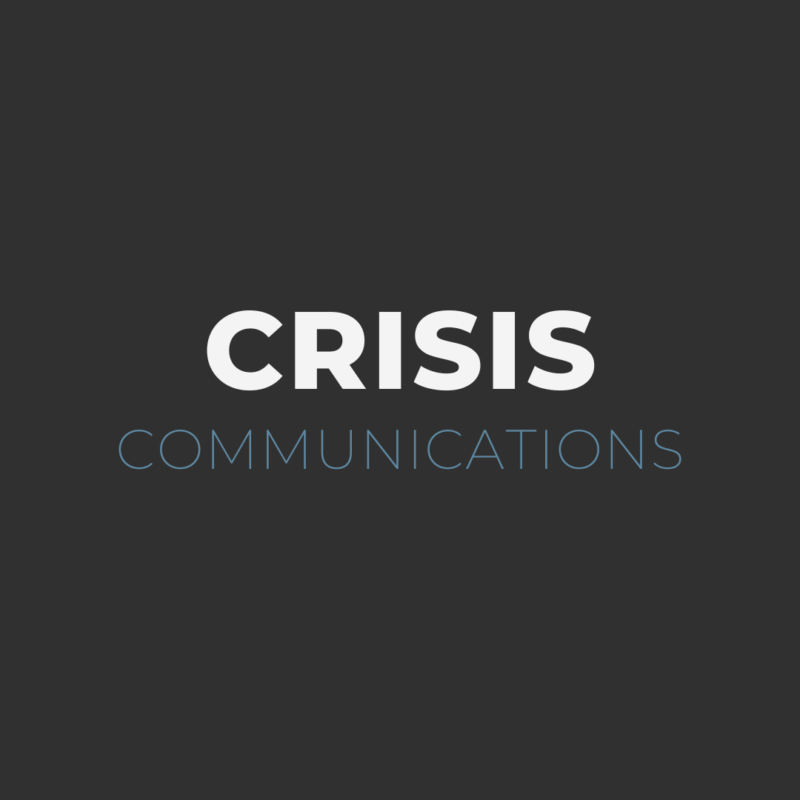Crisis and conscience
Most PR folks thrive in times when all is well and we can run proactive, positive communication strategies. But we’re often thrust into situations where communication is necessary to support organizational outcomes following a mistake or crisis. In my earliest days as a professional, this burden sat heavily on my shoulders. I felt immense blame for the outcome of a problem even though I was disconnected from the issue at the core. Ultimately, this clouded my thinking, wasted time as my thoughts spiraled and created unnecessary stress. I have since learned to take a new approach that balances my role as a communicator with my personal conscience. Here are four tips I can happily pass on to other crisis communicators out there.
Remember you are part of the solution.
From the moment you get a call that there is a crisis brewing, take a step back and affirm your role in the equation. In almost all situations, you did not cause the crisis at hand. And almost equally as often, you did not know about the crisis until the inciting issue was over. You bear no responsibility for anyone’s current feelings, hardships or challenges. But, you can be an advocate for change, communicate clearly to help resolve any lingering issues, make sure that people feel the heart of the organization, and feel understood in the process. While we don’t always get to weigh into operations as PR people, we can recommend courses of action and advocate for certain pathways of communication. That work matters in repairing any harm caused through a crisis.
Seek to understand before speaking.
PR folks can come under a lot of pressure to respond quickly in a crisis. But there is more danger in responding prematurely than responding later than you’d like. Before you offer tactics or put pen to paper, seek first to understand as much of the situation as possible. Talk to people involved, ask meaningful questions, research online sentiment – do whatever you need to do to ensure you’re seeing the full picture before you jump into action.
Lead with empathy.
One benefit of crafting communication is that, when the situation calls for it, you can weave empathy into your messaging. As an organization’s voice, we can demonstrate the emotions of our colleagues and leaders through our writing. Righteous anger, a desire for change and empathy can all flow through our communications. It always helps me feel more affirmed in my work when I’m able to craft messages that help express the sentiments of our organization in a time of crisis.
Partner with organizations that allow you to speak up when things aren’t right.
While I said earlier that we can’t always control operations, part of PR is recommending pathways and opportunities to strengthen our relationships with the public. If an organization’s actions in a crisis require an about-face response, we need to speak up and say so. If you find as a communicator that your earnest desires to rectify a crisis are being ignored or shot down, then I would recommend seeking a new organization to partner with. Rebuilding relationships with constituents isn’t solely a PR problem, and if you don’t have the support of others within your organization, it will be hard to ever get back to proactive PR in your role.


